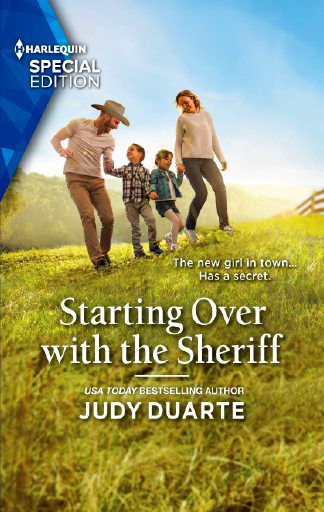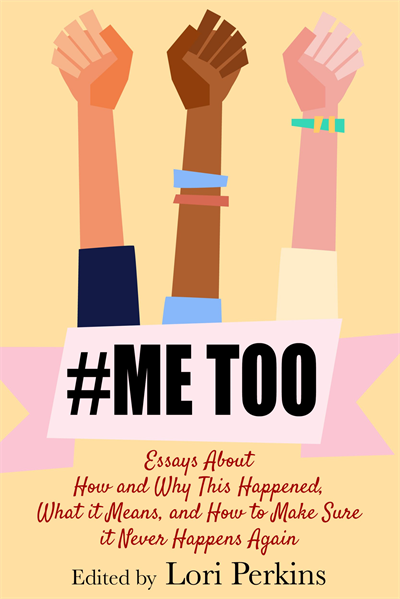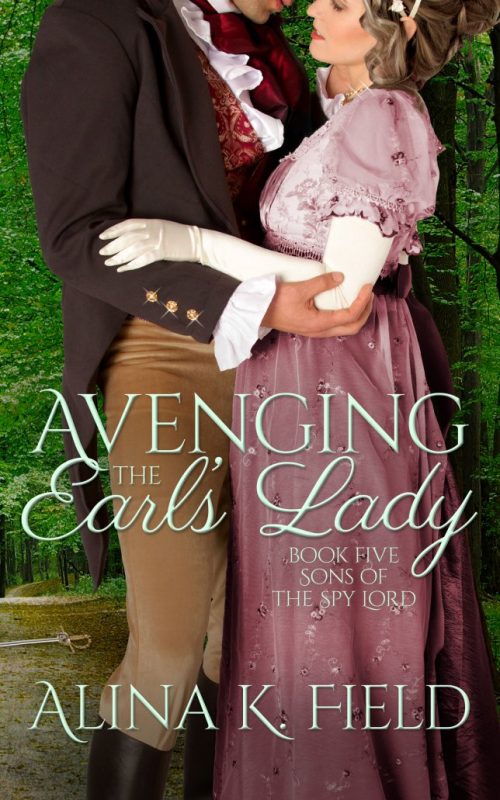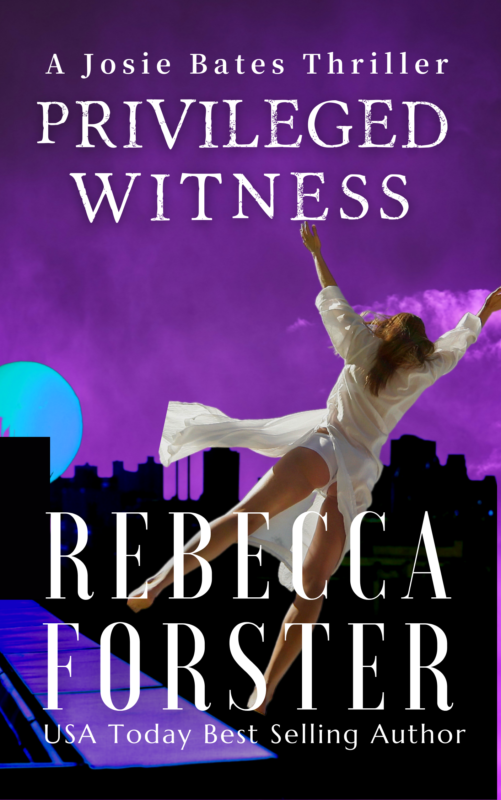Reflections of Love
February 25, 2006 by A Slice of Orange in category 25 Days of Romance, Contests, From Our Archives tagged as Contest - 25 Days of Romance, Sandra Paul, Valentine's Day By Sandra Paul
By Sandra Paul
“I have a great idea!” I told my husband enthusiastically. “Why don’t we put mirrored closet doors in our bedroom? It will not only give the room more depth, it will bring in more light!”
“Why don’t we just buy another lamp?” he replied dryly. “It would be easier.”
Obviously, he didn’t share my enthusiasm. Possibly because I’d been coming up with “great” ideas to improve our fixer-upper ever since we’d bought it two years earlier. Since then, my husband had spent nearly every weekend replacing windows, repairing walls, re-roofing, hanging siding, ripping out carpets, nailing down floors, fixing plumbing, laying bricks, cementing, yanking out tree stumps, laying a lawn, drywalling, plastering, and painting.
All of which he now reminded me of in unnecessarily specific detail.
“But the bedroom is a special project,” I reminded him in turn. “I envision it as our personal, private haven where we can relax. A getaway from the kids, pets—and endless chores.”
I think it was the chore bit that got him. At any rate, he didn’t argue further but put in the mirrored doors for me the following Saturday. When he finished, I stood in the doorway of our newly redecorated room, admiring how the lamplight bounced from the softly glowing burgundy walls to the gleaming mirrored doors and back again. I was totally thrilled with the result of my latest great idea. . . until the next morning.
While lying on my side, I opened my eyes—and stared in horror at the image before me. Less than four feet away was my own reflection, revealed in unforgiving detail in the harsh morning light. My once blonde hair looked dull and lifeless. My eyes were red and swollen almost shut. My skin was puffy and blotchy.
Involuntarily, I made a sound between a horrified gasp and a moan that caused my husband to sit bolt upright next to me.
“What is it? Are you hurt?” he demanded, leaning over me. He tugged down the sheet I’d lifted to cover my face.
“No, it’s those mirrors!” I blurted without thinking. “I look so awful. And now I’m going to have to face that fact, every single morning when I wake up!”
His green eyes widened with surprise, and then narrowed on my face. He stared at me as if he’d never seen me before.
Which was so not true. I’d first met those green eyes when we were in high school. We’d now been married over 20 years, and during those years, we’d spent less than twenty nights apart. I’d studied his expression countless times during countless days, hours and seconds. There was no face on earth including my children’s, I suddenly realized, who I gazed at more often than his. And if that was true for me, then it had to be true for him as well.
Shuddering at the thought, I jumped out of bed as he started to say something, wishing I hadn’t called my looks—or lack thereof—to his attention. I kept busy all day, avoiding mirrors, avoiding my husband’s gaze. And I went to bed that night, determined to forget the whole thing.
But when I awoke the next morning, I was lying on my side again. And I knew, without even opening my eyes, that I was facing those darn mirrored doors. It doesn’t matter; just don’t look, I told myself. I took a deep breath, and resolutely opened my eyes.
My gaze locked; I stared at the doors in amazement. Then my eyes grew misty. But that didn’t matter, because what I saw is forever imprinted on my mind and heart.
Sheets of notebook paper covered the glass. On them my husband had written, “You are beautiful. And I love you.”
7 0 Read moreWriter’s Life: E.D. Stands for Emotional Depth
January 3, 2006 by A Slice of Orange in category From Our Archives tagged as Craft, humor, romantic comedy, Sandra Paul, writer's Life
Writer’s Life: E.D. Stands for Emotional Depth
By Sandra Paul
I used to lack emotional depth.
Hey, don’t pity me. You probably still do. You just might not know it yet.
After all, I wasn’t aware of my own deficiency until about my fifth book. But when my editor returned my manuscript for revisions there it was, right in the margin next to my dramatic, climatic resolution. Plain as day, my editor had written, Lacks E.D.
Okay, maybe it wasn’t plain as day at first–because I had no idea what, or possibly who, E.D. might be.
So I called my editor to find out.
“E.D. stands for emotional depth,” she told me. “The book needs more of it.”
“C’mon,” I said, trying not whine at the thought of doing more work. “My word count is only 50,000 words. This isn”t War and Peace here.”
“No, it certainly isn’t,” she agreed, much too readily. “But even in a short contemporary romance with, I might add, extra wide margins, the reader needs to come away emotionally satisfied. I don’t even know what your characters are feeling there at the end.”
I honestly didn’t understand how she could say that. I’d written it plain as day (really!) right there on the page. “The heroine feels sad,” I said, quoting directly from the manuscript, “That the hero has found out what she’s done. He feels betrayed and angry.”
“I need more.”
I sighed. “Okay. How ’bout I say she’s very sad and he’s very angry?”
She sighed louder. “I’m not looking for adjectives here,” she replied, very heartlessly. “What I want is to feel something. To feel what your characters are feeling. Go deeper, Sandy. I know you can do it.”
I hung up the phone feeling (in case it isn’t plain as day) very resentful. Easy for her to say. She was just an editor with a stable at the time of over thirty writers, with a slush pile higher than her head next to her desk, who merely spent ten to twelve hours a day editing, writing copy, proofing, and other stuff like that. Obviously, she was much too busy to understand the stress that I, a one-book-a-year (more or less) writer, was under.
Brooding on my editor’s lack of empathy, I went and had a leisurely lunch, then took a three hour nap. When I awoke, I went and did what I should have done in the first place.
I called my critique partners.
“I think it’s fine,” Angie told me after I’d read the last chapter to her five times. “In fact, if anything, there’s too much emotion. I suggest you delete the whole thing.”
She slammed down the phone. Gingerly, I hung up, too. O-kaaay. Apparently I wasn’t the only one dog-paddling in the shallow end of the emotional pool. I then moved on to Barbara J.
“This isn’t just your typical sweet traditional,” Barbara J. informed me. “This is a transformation story about a woman who, after doing something on impulse, learns from that experience to quit being afraid of life. To start going after what she wants.”
I have to admit, I liked the sound of that. But it wasn’t much help for my E.D. problem. So I called Barbara B.
“The universal appeal of this book is that it’s about anyone who’s ever done something stupid, and had to move past it,” she told me. “You need to explore that emotional reaction for the reader. Use the five senses.”
“But I’ve never done what the heroine did. And I never would.”
“No, but you’ve done other stupid things. Use those.”
Totally inspired, I hung up the phone. As usual, Barbara B. was right. I had done stupid thing—lots of them. I’d use the pain and embarrassment I’d lived through to make this book come alive for the reader.
So, after discussing the problem once more with my Artist’s Way group, a dozen people at OCC, and a paunchy, bald guy who happened to be pumping gas at the same time as me at the nearby 7-Eleven, I got down to work.
I thought of all the times I’d humiliated myself and I wrote—and rewrote—until I could smell the heroine’s fear when the hero discovers she’s the one who’d mooned him from the company van. Until I could see the horror on his handsome (yet rugged) face, when he realizes it was her, his trusted secretary (not to mention the woman he’s learned to love) that committed the dreadful deed. I wrote until I could hear the anguish in her soft voice as she struggles to explain, until I could taste their despair as they realize—Mooner and Moonee both—that the memory of what she did will forever be there between them. A big, white blot on their love.
I sank to emotional depths so deep that even those little, jelly-like fluorescent fishes from National Geographic couldn’t survive there. Then I made the hero and heroine both very, very happy when they somehow (cause I don’t want to give the story away here!) manage to overcome all that to live happily ever after.
And when I finally turned the book in—just one month past deadline—I knew I’d done a good job. In fact, my editor told me it was one of the best—if not the best—mooning book she’d ever read.
So, emotional depth? You betcha I’ve got it now.
Step aside, Leo Tolstoy.
Affiliate Links
A Slice of Orange is an affiliate with some of the booksellers listed on this website, including Barnes & Nobel, Books A Million, iBooks, Kobo, and Smashwords. This means A Slice of Orange may earn a small advertising fee from sales made through the links used on this website. There are reminders of these affiliate links on the pages for individual books.
Search A Slice of Orange
Find a Column
Archives
Featured Books
STARTING OVER WITH THE SHERIFF
Starting anew? But what if he learns the truth?
More info →OPERATION SECOND CHANCE
His guilt tore them apart
Can the truth set them free?
#Me Too
#MeToo: Essays About How and Why This Happened, What It Means and How To Make Sure It Never Happens Again
More info →ADVENGING THE EARL’S LADY
He’s the most irritating, inscrutable, insufferable lord in the kingdom.
More info →PRIVILEGED WITNESS
The beautiful wife of a senate candidate is dead; his disturbed sister is accused.
More info →Newsletter
Contributing Authors
Search A Slice of Orange
Find a Column
Archives
Authors in the Bookstore
- A. E. Decker
- A. J. Scudiere
- A.J. Sidransky
- Abby Collette
- Alanna Lucus
- Albert Marrin
- Alice Duncan
- Alina K. Field
- Alison Green Myers
- Andi Lawrencovna
- Andrew C Raiford
- Angela Pryce
- Aviva Vaughn
- Barbara Ankrum
- Bethlehem Writers Group, LLC
- Carol L. Wright
- Celeste Barclay
- Christina Alexandra
- Christopher D. Ochs
- Claire Davon
- Claire Naden
- Courtnee Turner Hoyle
- Courtney Annicchiarico
- D. Lieber
- Daniel V. Meier Jr.
- Debra Dixon
- Debra H. Goldstein
- Debra Holland
- Dee Ann Palmer
- Denise M. Colby
- Diane Benefiel
- Diane Sismour
- Dianna Sinovic
- DT Krippene
- E.B. Dawson
- Emilie Dallaire
- Emily Brightwell
- Emily PW Murphy
- Fae Rowen
- Faith L. Justice
- Frances Amati
- Geralyn Corcillo
- Glynnis Campbell
- Greg Jolley
- H. O. Charles
- Jaclyn Roché
- Jacqueline Diamond
- Janet Lynn and Will Zeilinger
- Jaya Mehta
- Jeannine Atkins
- Jeff Baird
- Jenna Barwin
- Jenne Kern
- Jennifer D. Bokal
- Jennifer Lyon
- Jerome W. McFadden
- Jill Piscitello
- Jina Bacarr
- Jo A. Hiestand
- Jodi Bogert
- Jolina Petersheim
- Jonathan Maberry
- Joy Allyson
- Judy Duarte
- Justin Murphy
- Justine Davis
- Kat Martin
- Kidd Wadsworth
- Kitty Bucholtz
- Kristy Tate
- Larry Deibert
- Larry Hamilton
- Laura Drake
- Laurie Stevens
- Leslie Knowles
- Li-Ying Lundquist
- Linda Carroll-Bradd
- Linda Lappin
- Linda McLaughlin
- Linda O. Johnston
- Lisa Preston
- Lolo Paige
- Loran Holt
- Lynette M. Burrows
- Lyssa Kay Adams
- Madeline Ash
- Margarita Engle
- Marguerite Quantaine
- Marianne H. Donley
- Mary Castillo
- Maureen Klovers
- Megan Haskell
- Melanie Waterbury
- Melisa Rivero
- Melissa Chambers
- Melodie Winawer
- Meriam Wilhelm
- Mikel J. Wilson
- Mindy Neff
- Monica McCabe
- Nancy Brashear
- Neetu Malik
- Nikki Prince
- Once Upon Anthologies
- Paula Gail Benson
- Penny Reid
- Peter J Barbour
- Priscilla Oliveras
- R. H. Kohno
- Rachel Hailey
- Ralph Hieb
- Ramcy Diek
- Ransom Stephens
- Rebecca Forster
- Renae Wrich
- Roxy Matthews
- Ryder Hunte Clancy
- Sally Paradysz
- Sheila Colón-Bagley
- Simone de Muñoz
- Sophie Barnes
- Susan Kaye Quinn
- Susan Lynn Meyer
- Susan Squires
- T. D. Fox
- Tara C. Allred
- Tara Lain
- Tari Lynn Jewett
- Terri Osburn
- Tracy Reed
- Vera Jane Cook
- Vicki Crum
- Writing Something Romantic
Affiliate Links
A Slice of Orange is an affiliate with some of the booksellers listed on this website, including Barnes & Nobel, Books A Million, iBooks, Kobo, and Smashwords. This means A Slice of Orange may earn a small advertising fee from sales made through the links used on this website. There are reminders of these affiliate links on the pages for individual books.











































